I was having a technical test, and they had one question which confused me a bit.
This is the exact question:
I know it may be a basic question, but I also would love if someone would help me with a sequence which I can use to understand pointers nomenclature for future use.
